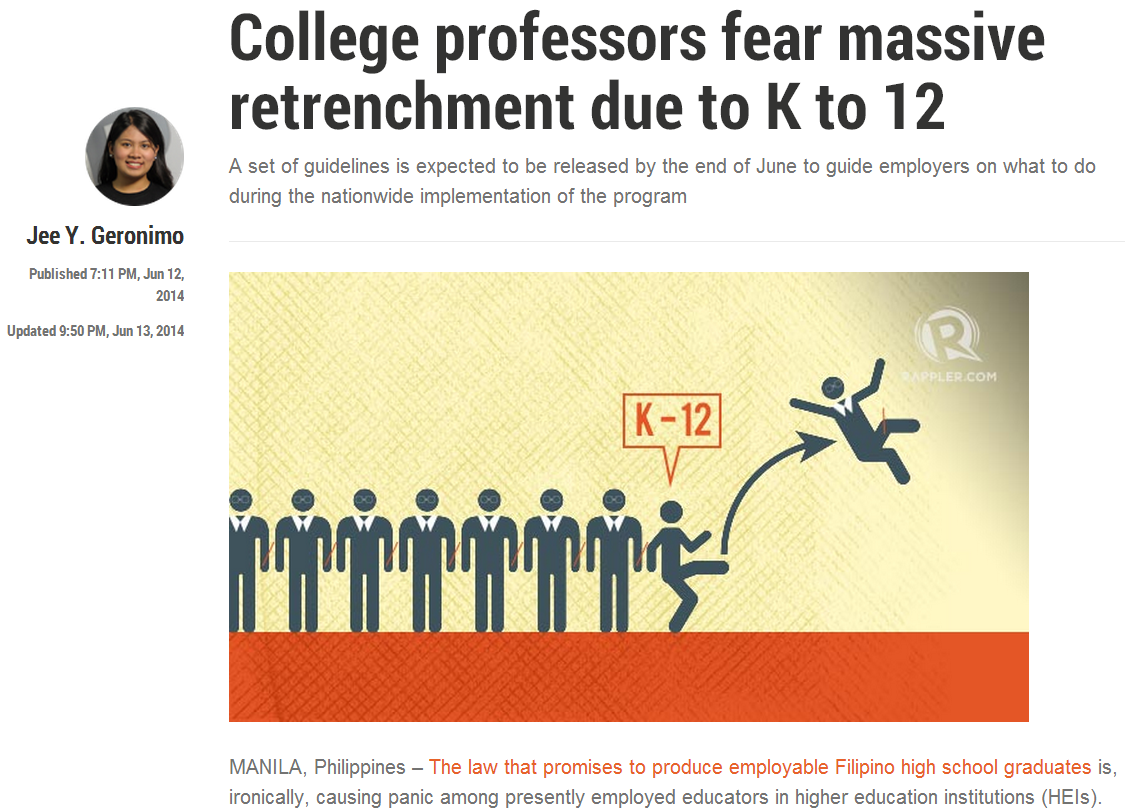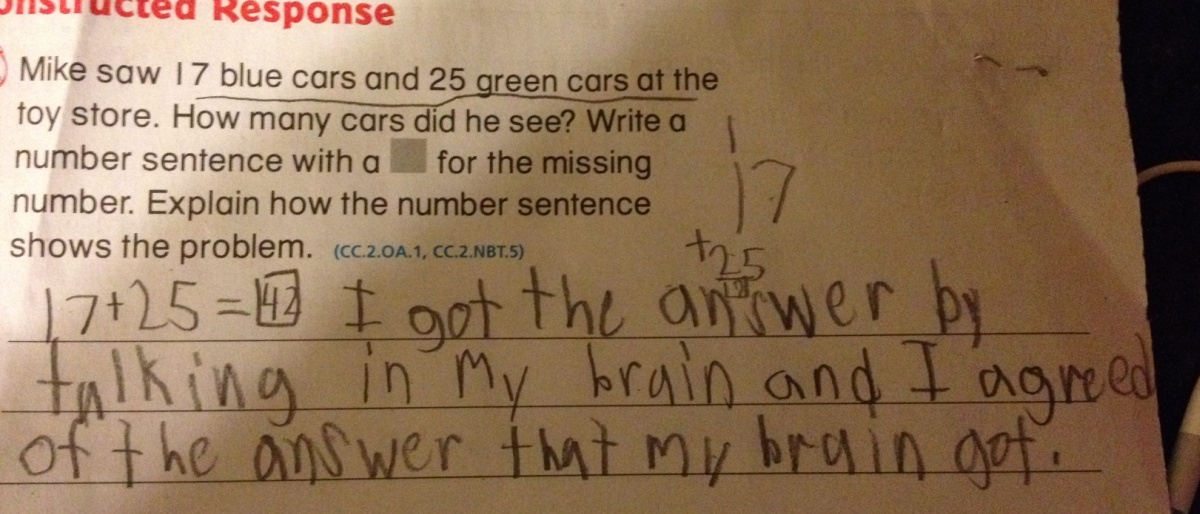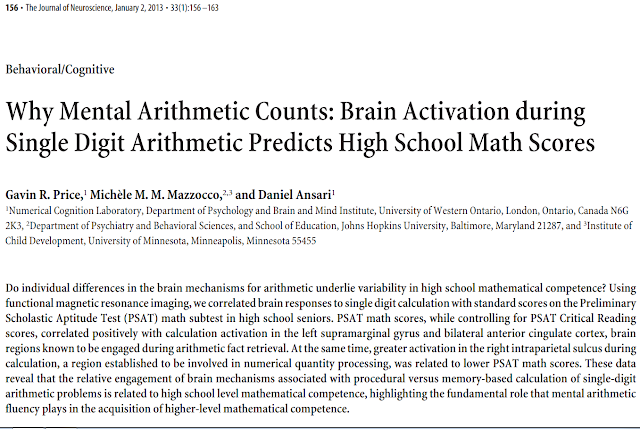Are We Making Things Worse?

The narrative is quite familiar. Schools are failing therefore we need to do something. Education, however, is quite complicated and results from interventions often take time to materialize. On the other hand, it is likewise necessary to know if the interventions are not working or even worse, contributing more to the problems. In this regard, sound data and statistical analysis is urgently needed. One study from Rhode Island is one example. The state of Rhode Island decided to identify and categorize its schools acoording to student performance. Based on this categorization, schools are then mandated to implement interventions. Two years have passed and the study finds, "...schools required to implement few interventions performed no differently relative to schools that had no interventions required. Among lower-performing schools, those required to adopt more interventions did worse than schools mandated to implement fewer, including higher student mobility." This study...















